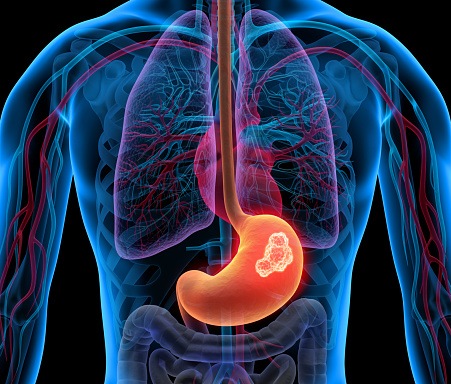
The findings of a new Mayo Clinic study published in the journal Surgery suggest that many stomach cancer patients under the age of 60 have a “genetically and clinically distinct” disease.
“I think this is an alarming trend, as stomach cancer is a devastating disease,” says senior author Travis Grotz, M.D., a Mayo Clinic surgical oncologist in a press release about the study. “There is little awareness in the U.S. of the signs and symptoms of stomach cancer, and many younger patients may be diagnosed late — when treatment is less effective.”
In this study, researchers evaluated 75,225 cases by combing several cancer databases, and subsequently reviewed stomach cancer statistics from 1973 to 2015. They found that the average age of someone diagnosed with the disease is 68, but people in their 30s, 40s and 50s are more at risk now than they used to be.
Although the researchers observed no clear cutoff age for the definition of early onset and late-onset stomach cancer, they did find the distinctions held true whether they used an age cutoff of 60, 50 or 40 years. The researchers found that the incidence of late-onset of the disease decreased by 1.8% annually during the study period, while the early onset disease decreased by 1.9% annually from 1973 to 1995 and then increased by 1.5% through 2013. The proportion of early onset gastric cancer has doubled from 18% of all cases in 1995 to now more than 30% of all gastric cancer cases. “Typically, we see stomach cancer being diagnosed in patients in their 70s, but increasingly we are seeing 30- to 50-year-old patients being diagnosed,” Dr. Grotz says.
Moreover, the researchers found that early onset stomach cancer is both genetically and molecularly distinct, and that traditional stomach cancer risk factors, such as cigarette smoking, did not appear to link with its early onset.
Many younger patients with stomach cancer have a distinct disease, Mayo research discovers https://t.co/AeXCglcUMs
— Science Codex (@sciencecodex) December 24, 2019
“Hopefully, studies like this will raise awareness and increase physician suspicion of stomach cancer, particularly in younger patients,” Dr. Grotz says. Younger patients who feel full before finishing a meal, or have reflux, abdominal pain, unintentional weight loss and difficulty eating should see their health care provider, he adds.
https://twitter.com/mattotcha/status/1210081911000965123
Many younger patients with stomach cancer have a distinct disease, research discovers – Many people under 60 who develop stomach cancer have a "genetically and clinically distinct" disease, new Mayo Clinic… #NewsAndInformation https://t.co/SBIloPGbvd
— LIVINGSTRONGTV.COM (@WhosoeverWill1) December 26, 2019

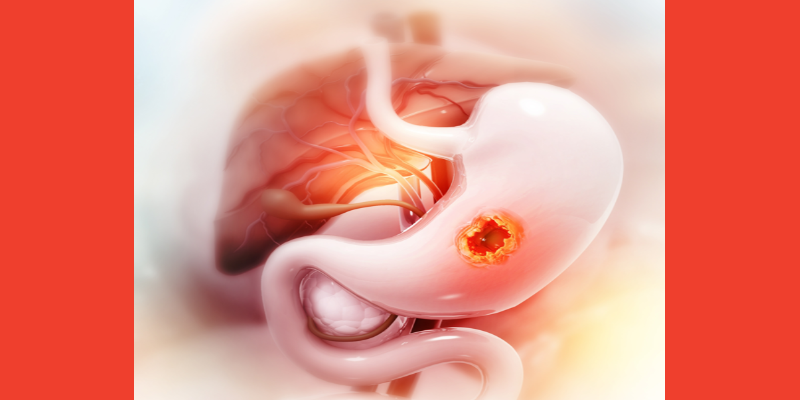
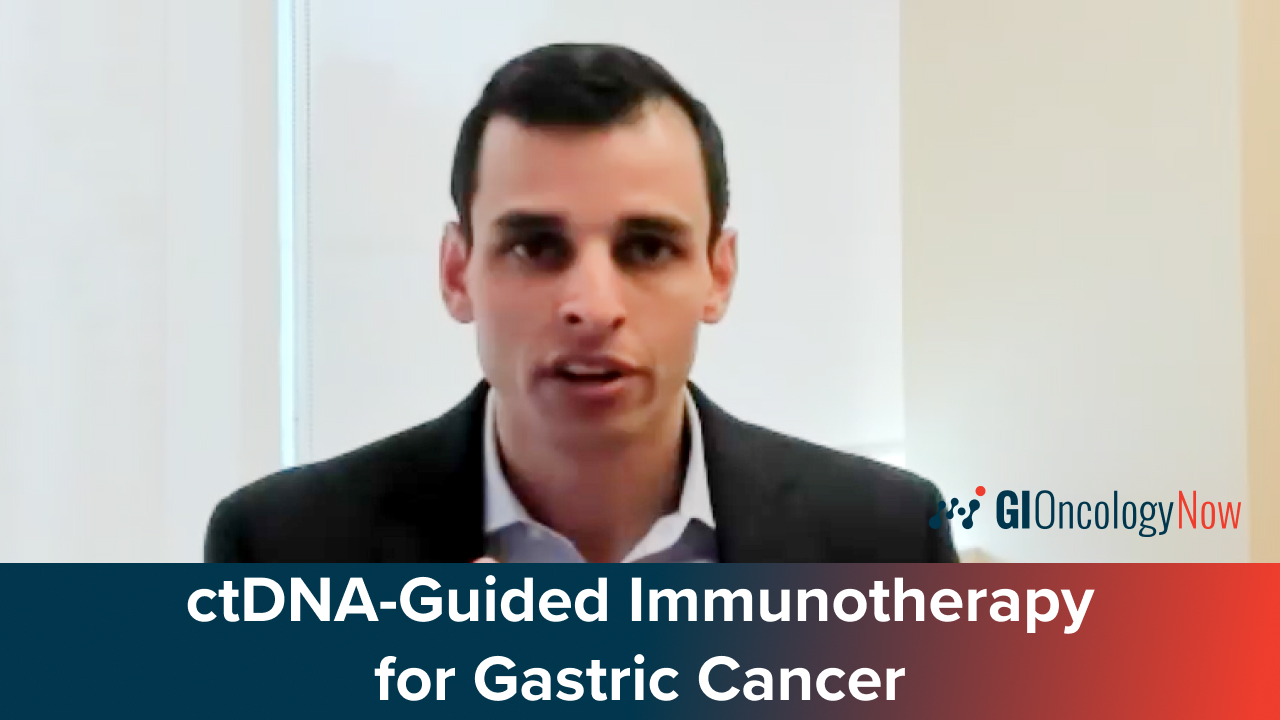
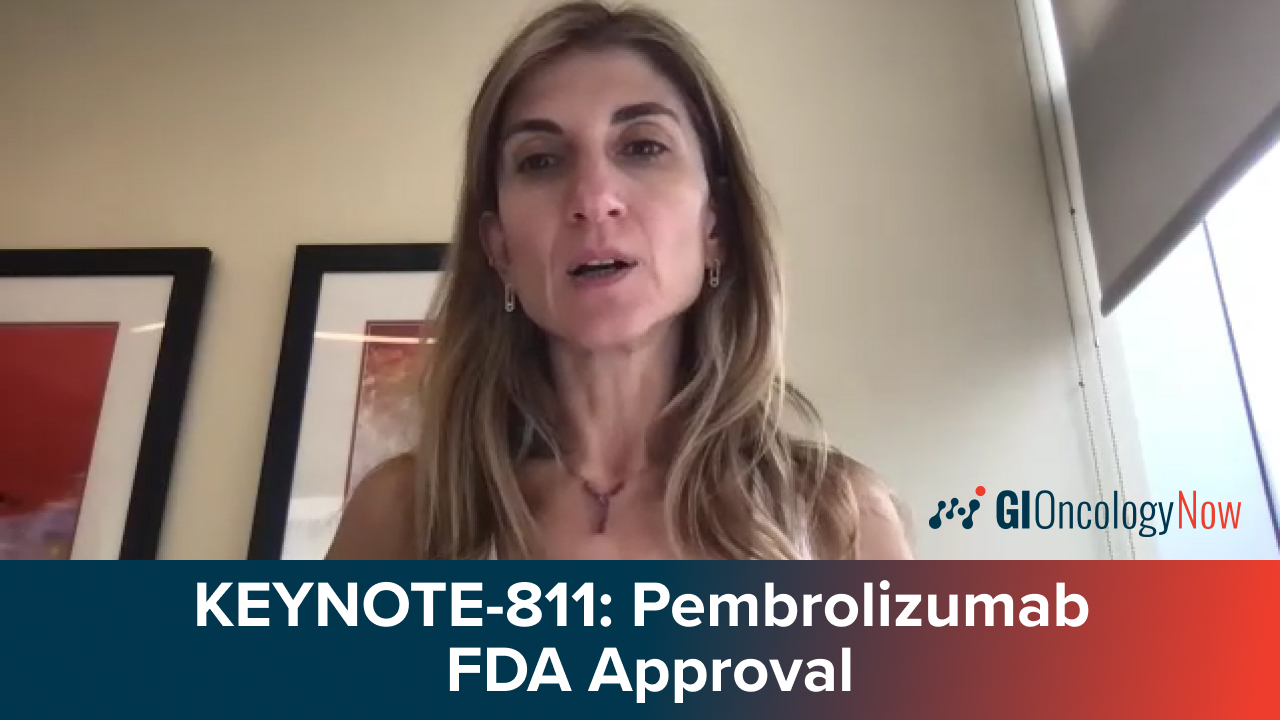
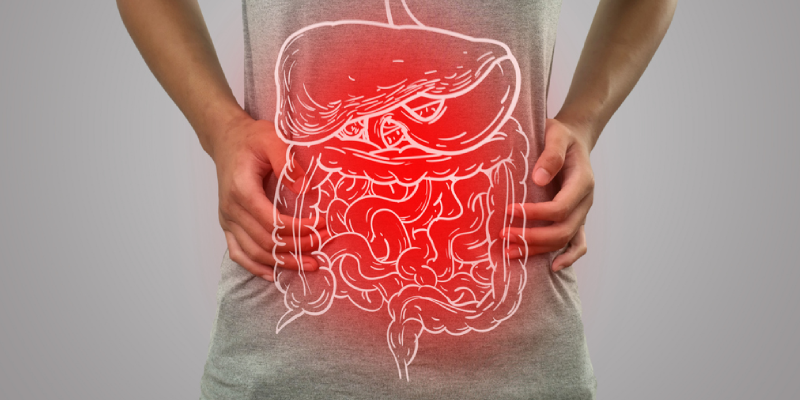
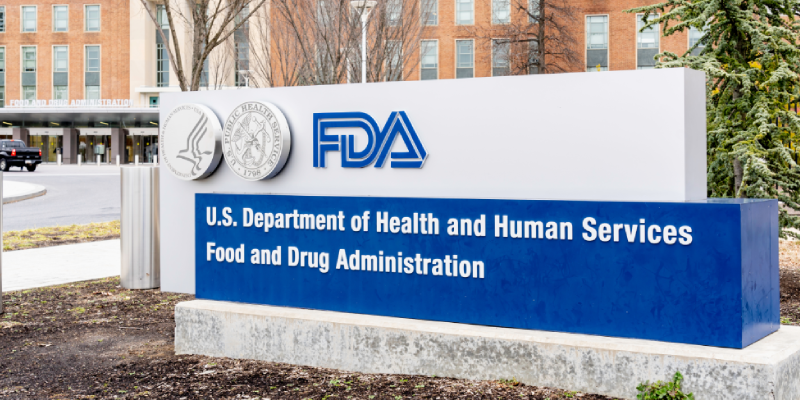

 © 2025 Mashup Media, LLC, a Formedics Property. All Rights Reserved.
© 2025 Mashup Media, LLC, a Formedics Property. All Rights Reserved.